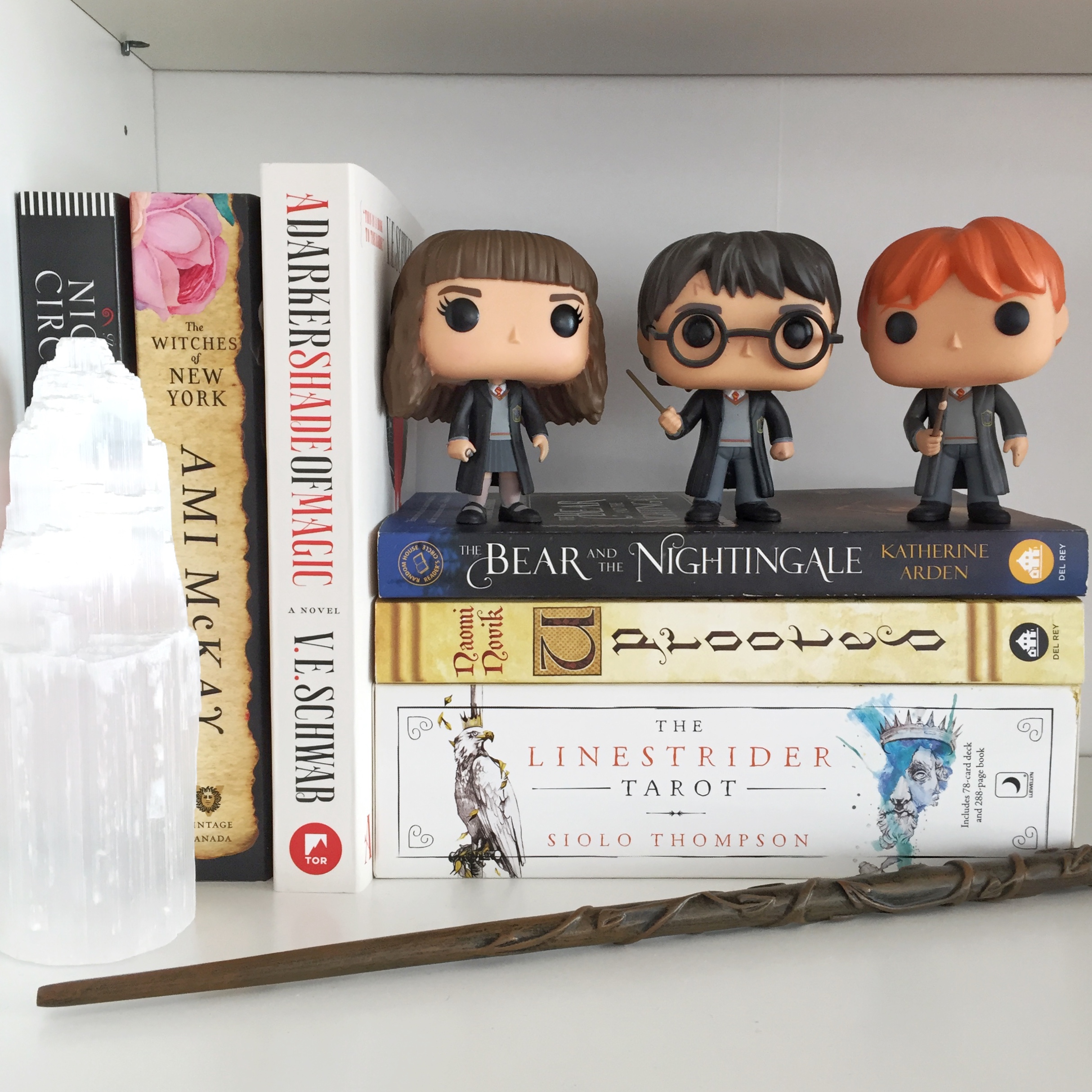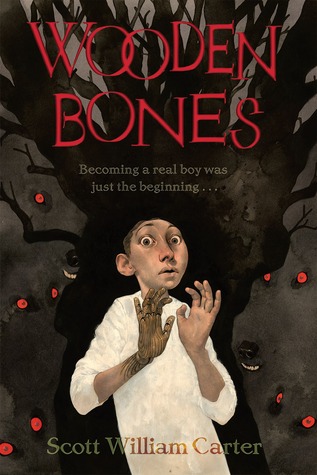The second season of the acclaimed television show The Witcher came out on December 17th and I, for one, am eager to bingewatch! I vividly remember watching the first season with my mom in the winter of 2019 (which wow, what a different world it was then). I went into it with low expectations (I was skeptical of Henry-Cavill-as-Geralt, who as far as I knew was supposed to be a grizzled old man) and finished it pleasantly surprised that I’d enjoyed it as much as I did.
This November, I finally read the book that the first season is based on—The Last Wish, which is actually the prequel to the series. I don’t know how I missed it (and plan to re-watch the first season to pick up on the clues) but The Last Wish is made up of several rewritten fairytales. Renfri, for example, is a parallel to Snow White! WHAT!
Continue reading

